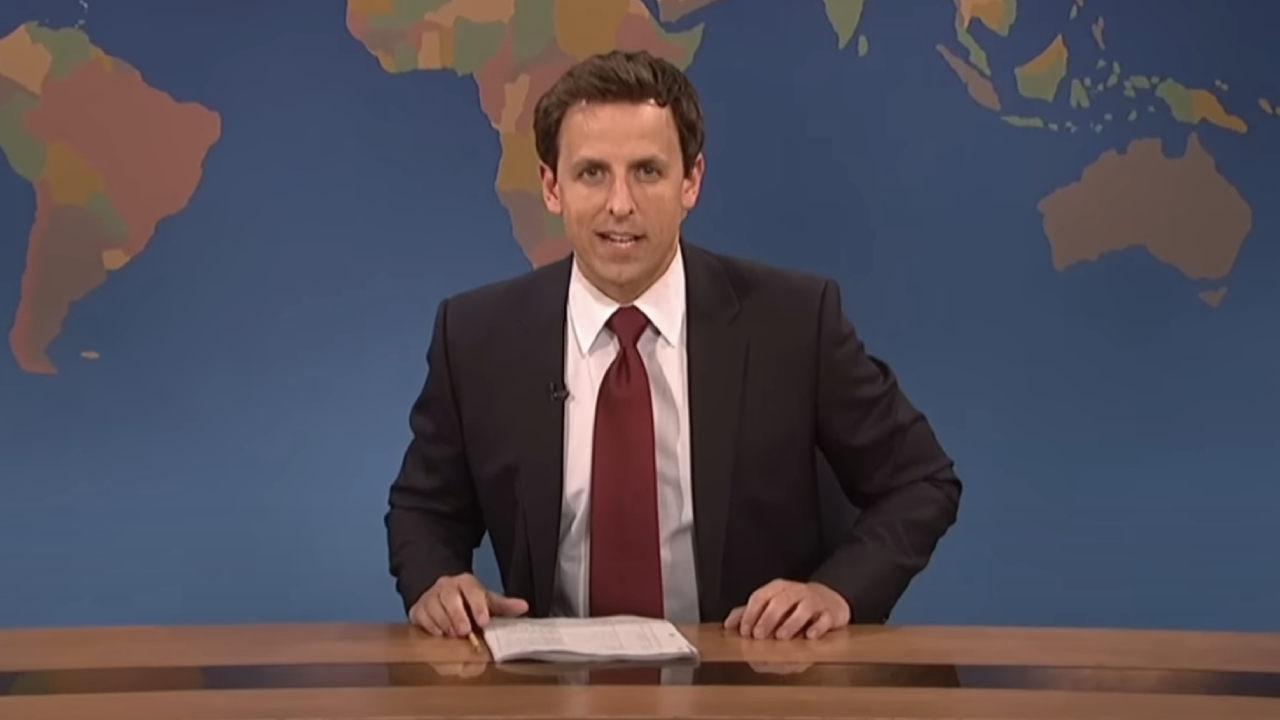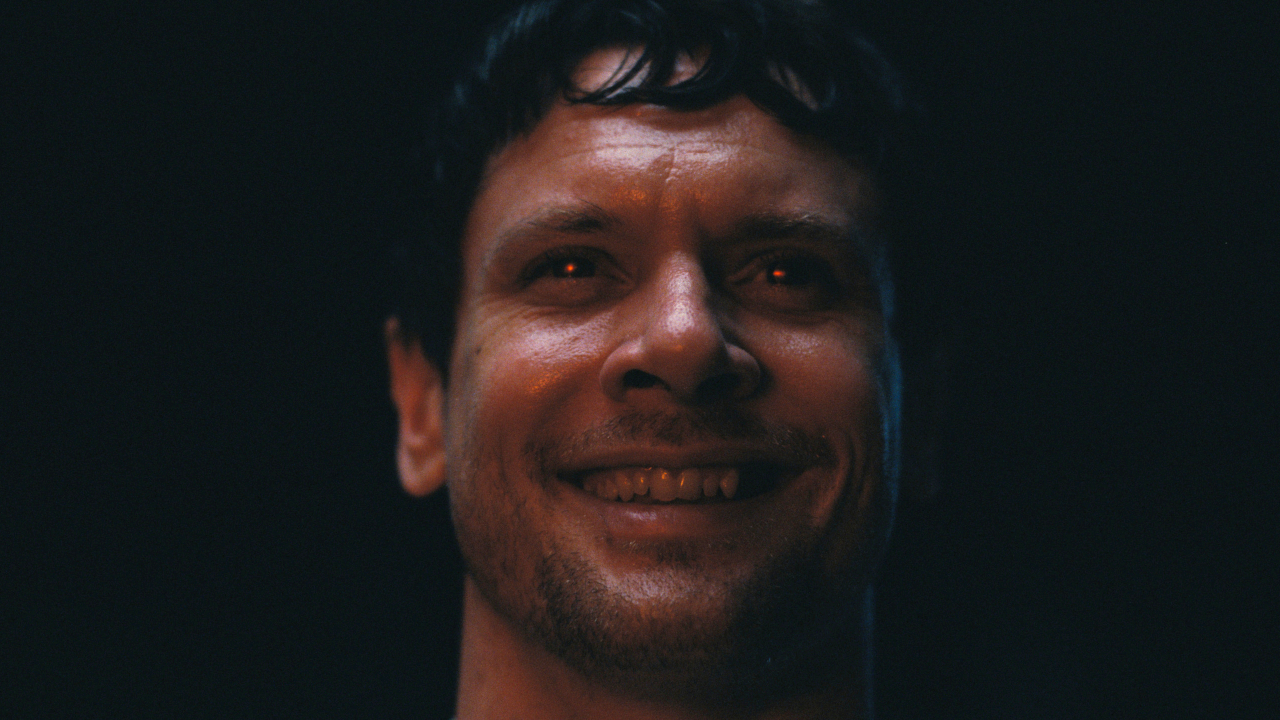Julianne Moore's Blunt Opinion Of VOD Distribution Is Spot On

To paraphrase a famous song, could Video-on-Demand kill the Indie Movie Star? According to comments from Julianne Moore, she seems to think this will quickly become the case. A longtime proponent of independent films, Moore believes that the increasing presence of smaller films released exclusively for VOD is eliminating a critical component of the moviegoing experience.
Speaking yesterday in front of an industry crowd for a panel at CinemaCon in Las Vegas, Julianne Moore, joined by the co-president of Sony Pictures Classics, Tom Bernard, addressed what she sees as insidious implications regarding the growing practice of smaller films bypassing theaters to be distributed by VOD. Essentially taking the influence away from exhibitors, she also believes it substantially mitigates the moviegoing experience intended by actors and filmmakers. Moore laments:
We're always so disappointed when you hear the words 'day-and-date.' I think, 'Oh, really?' We work very hard as creators in creating a theatrical experience. I'm married to a director [Bart Freundlich]... and a movie never looks the same on television.
Certainly, from the standpoint of creators, a more insightful, carefully crafted independent film, typically made on a small budget, represents the culmination of a lot of hard work from a dedicated group of people. The method by which that creation proliferates amongst the public can often be reflected in the work itself. Likewise, as Moore’s words indicate, the traditionally essential element of the ephemeral theatrical experience is drastically downgraded when making the multi-medium move. Expressed feelings seem less impactful and the encompassing empathic allure is relegated to a more detached dictation.
That, however, is the rarified-air aspect of the artsy auteur of cinema, and the message may not exactly resonate with popcorn-pounding people looking to sit down and watch some vaguely-plotted yarn about giant robotic mutants from outer space with funny voices beating each other into apocalyptic oblivion. Those folks don’t care that much if it’s on a big or little screen. A valid counter-argument points to the more egalitarian nature of VOD, which has provided more opportunities for burgeoning filmmakers and allowed a wider variety of projects to get out into the ether. Plus, even major studios have been experimenting with this strategy in international markets. Additionally, much to the chagrin of exhibitors, industry-critical release windows are increasingly under attack.
However, Moore makes additionally valid points in regards to how small film exhibitors traditionally played a part in quality-control for the indie industry, essentially allowing their crowds to serve as miniature market-based gatekeepers in determining what films were worthy. In essence, VOD eliminated that qualitative determination of duds, filling the marketplace with projects whose screenplays probably would have been better off being pitched to a shredder than a production studio. While movies will always be a hit-and-miss medium, there was a certain grandiosity to the experience that does seem to be detrimentally brought back down to Earth as more films bypass the theaters.
This is certainly an intriguing issue on a number of fronts. The ubiquity of the Internet and increasingly amalgamated multi-media technology has essentially acclimated a generation to digesting content on small screens. Likewise, the entertainment industry is quickly evolving at its very core and it could be the case that ensuing generations who have no problem watching movies and entire seasons of shows on their tablets and cell phones will simply not care much about this. What that means for indie films remains to be seen.
CINEMABLEND NEWSLETTER
Your Daily Blend of Entertainment News









